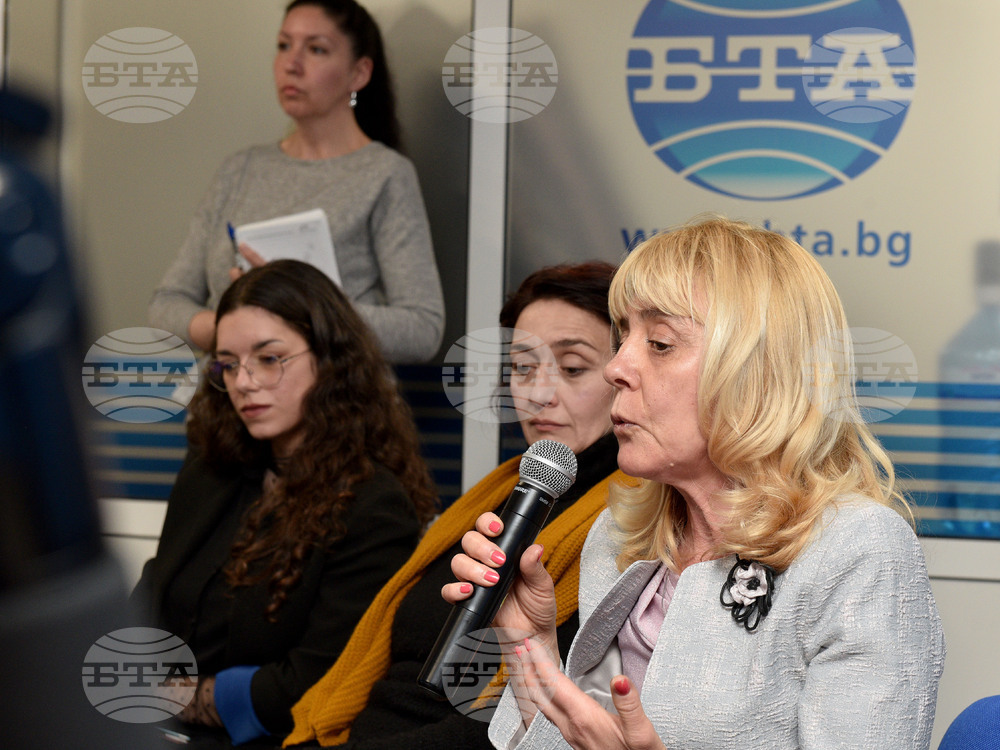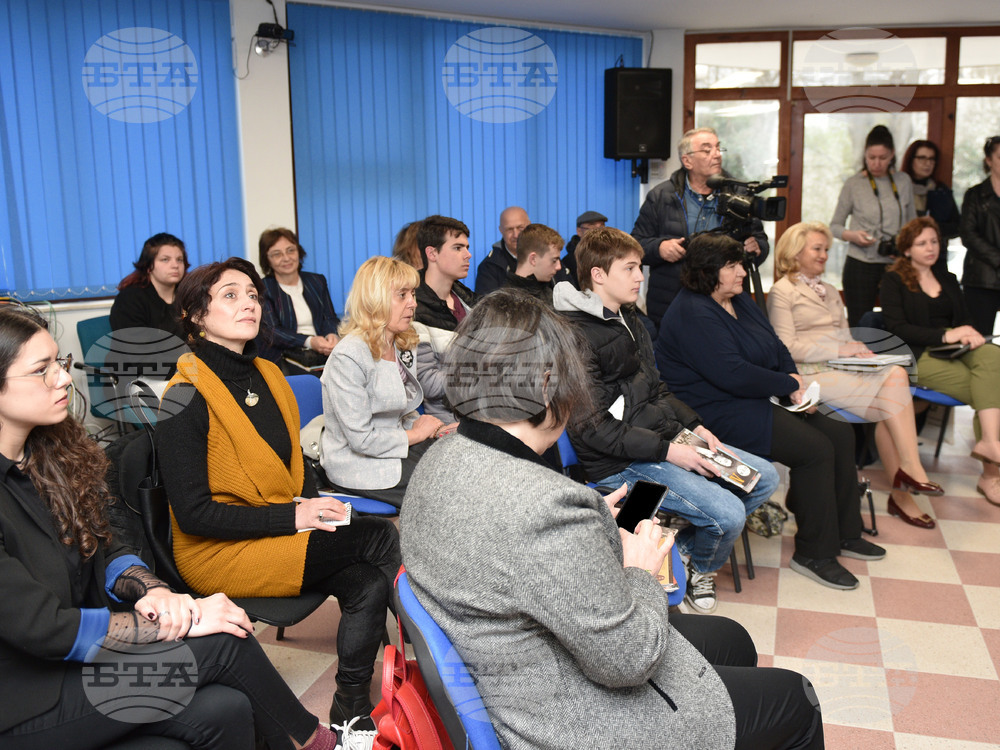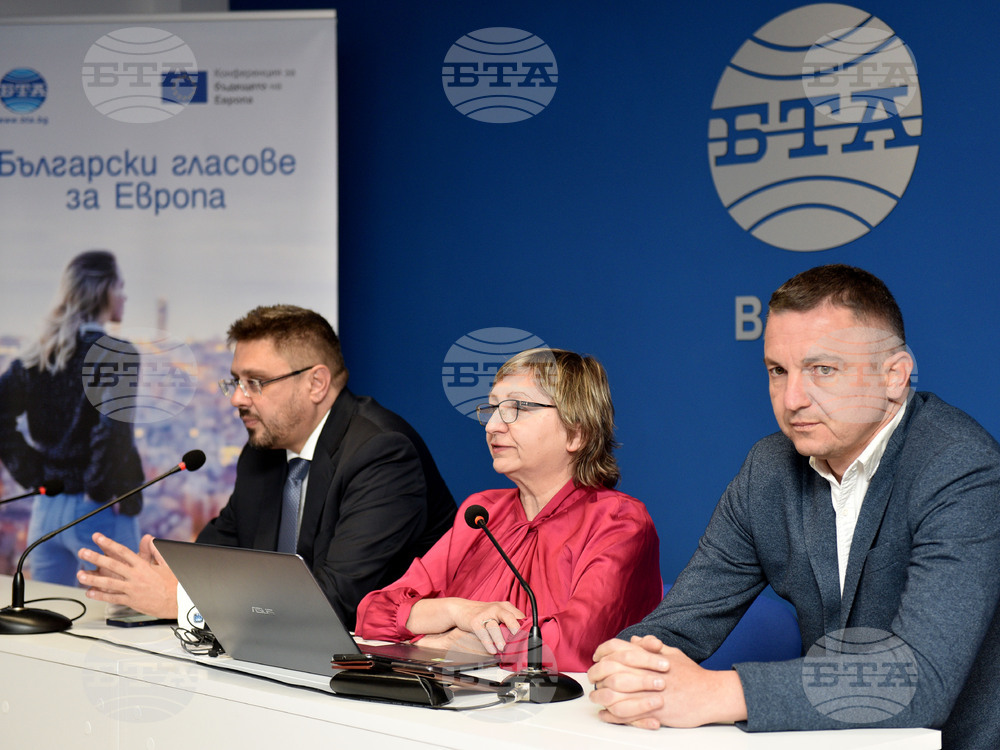WHAT DO YOUNG PEOPLE IN THE EUROPEAN UNION WANT FOR THE CULTURE?
More innovations in art and culture, more cultural exchange: visiting exhibitions and performances, more attention to artists, digitalization of culture… These are ideas of young people from Varna about how to develop culture in the European Union. What else do students offer in Varna?
Read the opinions of students from VFU "Chernorizets Hrabar", who together with the lecturer Dr. Donika Kirova, participated in the project "Bulgarian Voices for Europe" made by the Bulgarian News Agency.
Their opinions were recorded by the BNA correspondent in the marine capital Mila Edreva.
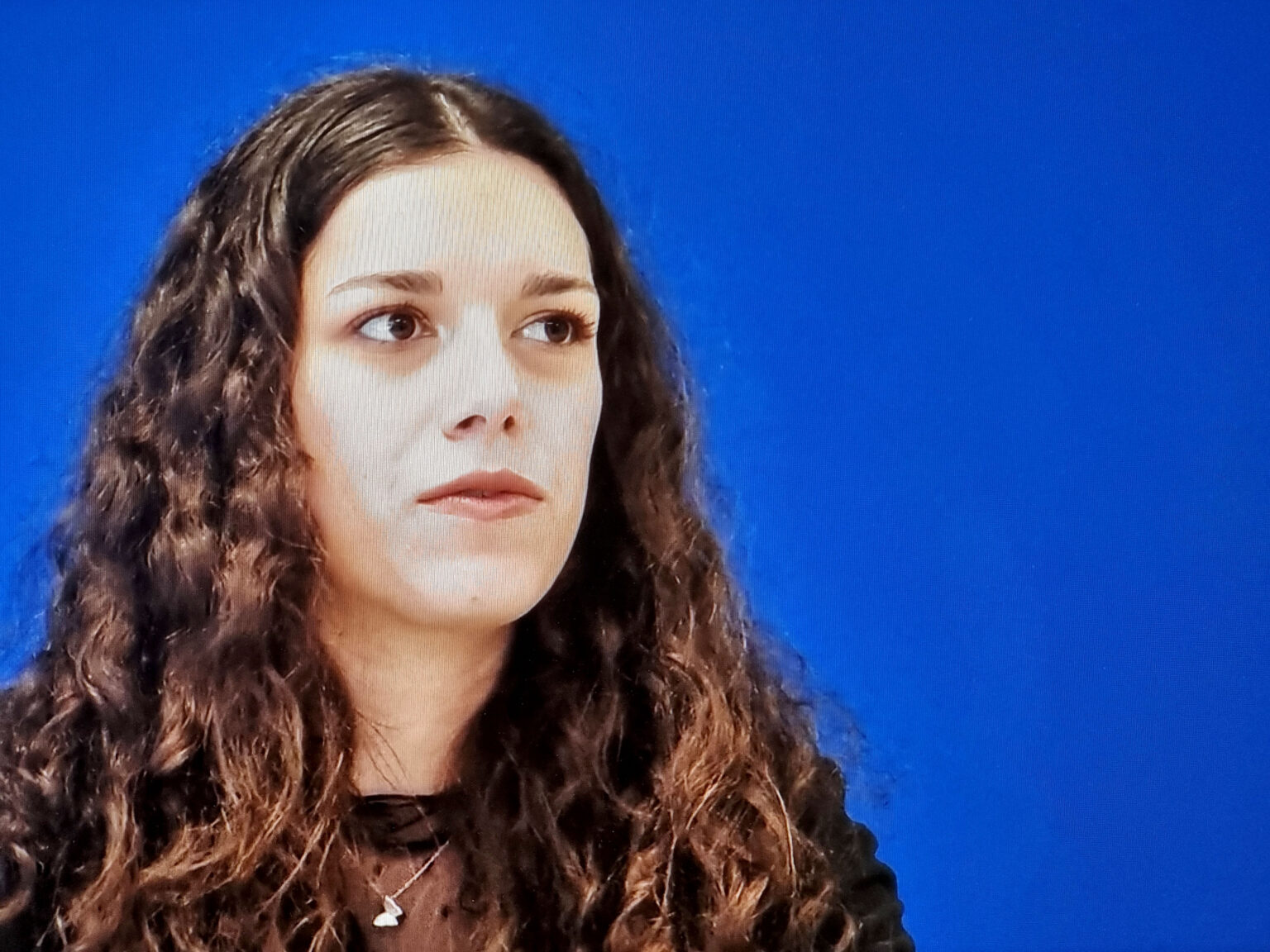
Yana Stoyanova, 2nd year student at Varna Free University
I believe that the EU must pay attention to updating the curricula in universities that are related to art (why not in schools also). Introducing uniform standards, because there are serious differences in training in different countries, even the study of technology, the different software is not equally represented, which I think is a problem.
It is very good that there are programmes such as Erasmus that allow students to travel and study in other countries, but in the field of art it is difficult to meet the criteria of the programmes in different universities. The exchange of young people and teachers is a wonderful thing, it gives them the opportunity to see good practices, it is useful to even see bad examples in order to avoid them.
In my opinion, the EU must also pay more attention to the decentralization of culture. At the moment, the events in our country are concentrated in the big cities, and it is good that people in the smaller towns and villages also have access to art. Let us pay attention to this - to have more cultural events, on a large scale, because this will attract many young people, people from different countries.
Dorothea Dimitrova, 2nd year student at Varna Free University
In the following years I would very much like the EU to pay more attention to history, to what was before us. For example, I would like more funds to be set aside for the restoration of old buildings. There are already new, modern methods, effective, that breathe new life into the old buildings.
The problem is that there do not seem to be enough specialists in certain fields. In this regard, I would like to see support for programmes such as Erasmus that allow young people to study and specialize in different universities.
In addition, it would be good to think on a larger scale, for example about the specializations of European students in non-EU countries - in China, Japan, Singapore.
Dorothea Nikolaeva, 2nd second year student at Varna Free University, Deputy Chairperson of the National Representation of Student Councils in Bulgaria
As a future architect I want to see more innovation, a more modern presentation not only of achievements in construction, but also in art and culture.
The future of young people in the EU is linked to technology, so more funding must be provided for projects in this area. Things that make the connection between the past and the future should be stimulated. For example, my major - architecture is so innovative now because it obtains knowledge from the past - from the perfect achievements of the old masters.
I think that Europe is open to young people and appreciates their creative, more flexible thinking. I would very much like this to remain the case and for the EU to continue to develop various programmes that give us a chance to stand out, to allow us to realize ourselves.
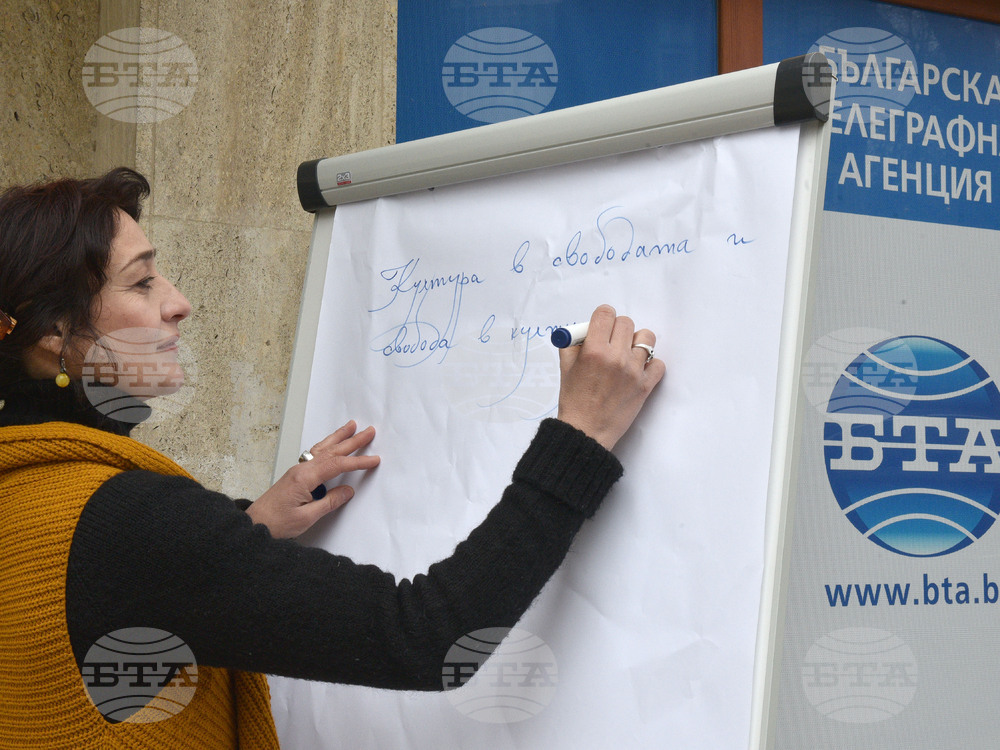
"Young artists need help getting into real life, so the EU should find ways for their debut performances to receive financial support", said Dr. Donika Kirova, an artist, lecturer at Varna Free University. She was among the participants in the discussion dedicated to culture, organized by BNA in the Press Club of the Agency in Varna. This is the 14th BNA event in the framework of the Bulgarian Voices for Europe initiative, implemented with the support of the European Parliament.
Kirova added that currently cultural spaces usually work with established artists, which limits the chances of young people.
"It is good that EU programmes give a chance for exchange of students between universities from different countries, but it is related only to certain majors", added Kirova. According to her, it would be good to think that young people have the opportunity to study in a foreign country in more general, more open fields of study.
Kirova added that in our country it would be good if steps to relieve artists who want to apply for projects are taken . Not everyone has the necessary knowledge or experience to write and report a project, the teacher explained. She clarified that it would be best for artists to receive consulting support for the implementation of their projects in order to have time to deal with their art.
Kirova also said that she hopes that in the near future, on an European scale, students will receive support to participate in as many international competitions as possible. This is not only a way for young Bulgarians to compete with their peers, but to gain experience and ambition to become better at what they do, the teacher summed up.
The discussion can be followed on BNA's social networks: on Facebook - https://www.facebook.com/events/1110739759764625 and on YouTube - https://youtu.be/hAsF1_78dKo.
